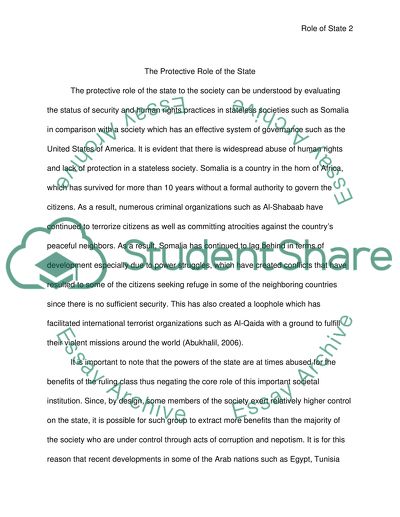Cite this document
(“What should the role of the state be in contemporary society Essay”, n.d.)
Retrieved de https://studentshare.org/history/1392498-what-should-the-role-of-the-state-be-in
Retrieved de https://studentshare.org/history/1392498-what-should-the-role-of-the-state-be-in
(What Should the Role of the State Be in Contemporary Society Essay)
https://studentshare.org/history/1392498-what-should-the-role-of-the-state-be-in.
https://studentshare.org/history/1392498-what-should-the-role-of-the-state-be-in.
“What Should the Role of the State Be in Contemporary Society Essay”, n.d. https://studentshare.org/history/1392498-what-should-the-role-of-the-state-be-in.


